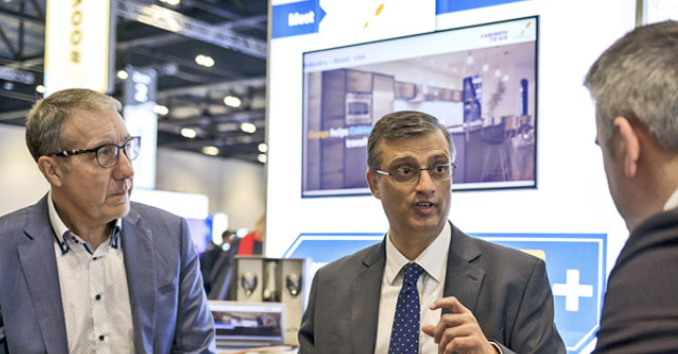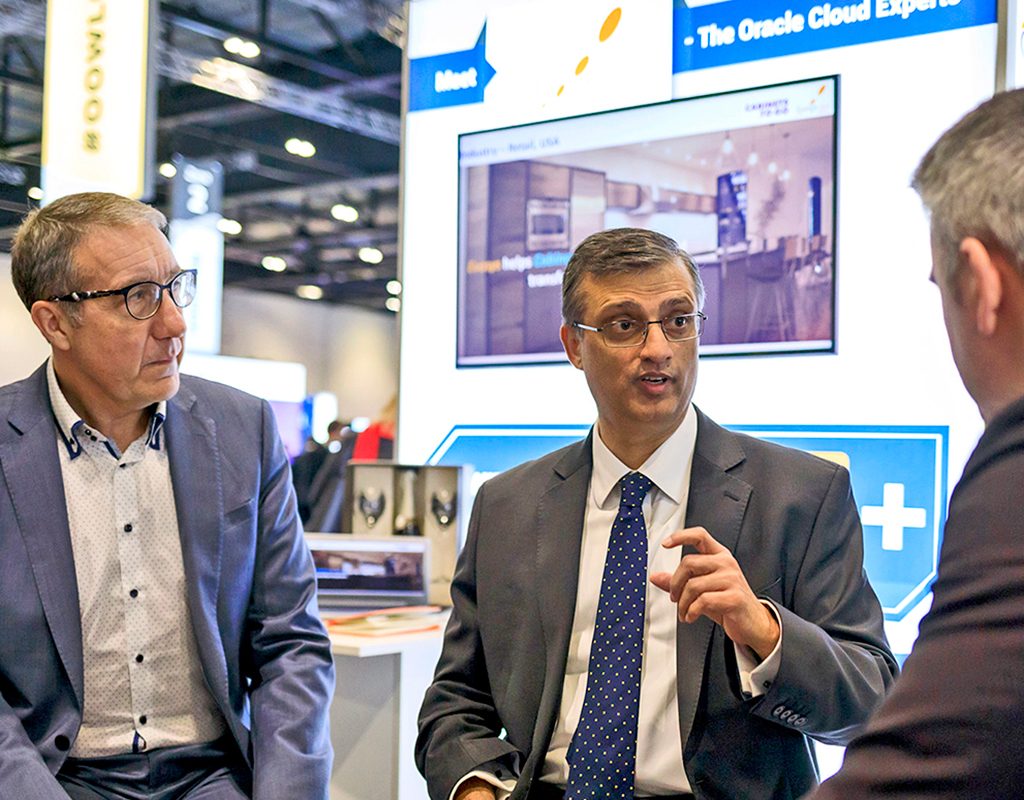Insurance and finance are perpetually in flux. As one set of regulations is embedded into the industry, another appears on the horizon. Likewise, as one set of metrics is cemented into the reporting norms, another lot rises.
One of the pressing challenges in the insurance sector right now is ensuring IFRS 17 compliance is in place as of 1 January 2023.
When Nick Jackson, head of finance and operations business development and strategy, Western Europe at Oracle, led a webinar conversation with PwC to discuss digital transformation in the insurance industry, IFRS 17 was one of the challenges raised.
While all industries are now navigating big changes, two major factors in insurance transformation stood out from the webinar: the importance of the people journey and data integrity.
A poll given to the webinar attendees revealed that 67 percent were undergoing transformation projects, with only 5 percent not having started.
Jackson then headed a panel discussion with the case study of MS Amlin, a leading global insurance and reassurance provider who implemented Oracle Fusion Cloud to bring together three shared services under one transformation.
A combination of IFRS17 and management reporting requirements spearheaded the project. According to MS Amlin financial controller James Reeve, the transformation was a much smoother process than previous ones, with the go-live date achieved and implementation live and rolling from then on in.
The cloud nature of the project, meaning full team accessibility from any location, was mentioned as a success factor by Reeve and Adam Pitt-Stanley, a director for PwC UK.
Pitt Stanley ventured that where historically the question within organizations was ‘will it work for us,’ it had now changed to ‘how will it work for us,’ as cloud technology has been proven to be a success factor.
Throughout the panel discussion about the MS Amlin case study, the conversation circled back around to the two points made by the PwC speakers: people and data.
Data today, explained Pitt-Stanley, meant looking beyond migration and understanding the source of the data, along with trusting in its accuracy. Without full data integrity, not even the best processes can drive a successful transformation.
Leading back to an earlier conversation point about data as a function, Pitt-Stanley highlighted the importance of a data team that was less siloed and more integrated with the core business functions.
The implementation of ERP and EPM for MS Amlin across three shared global services was achieved fully and on time, and Reeve spoke about a range of tangible and intangible benefits for his organization. For example, moving from the manual constraints of the legacy system to the automated cloud has freed up time and resources for the business to focus on more value-added activities.
Oracle’s Jackson also highlighted an interesting generational aspect to digital transformation.
“We know the younger workforce of today wants to be playing with the latest kit, using the latest capabilities, exploiting the skills that they’re learning and that plays into the decision to invest,” said the Oracle head.
A big point of the talk was that a successful transformation project is no longer simply about meeting the go-live date. Instead, it is about enabling sustainable change and ensuring the project remains transformed long after the implementation team has left.
“People adopt what they create,” is the phrase Pitt-Stanley used to highlight the importance of early stakeholder and user engagement in any transformation project, circling back to the highest value asset in any organization – its people.




